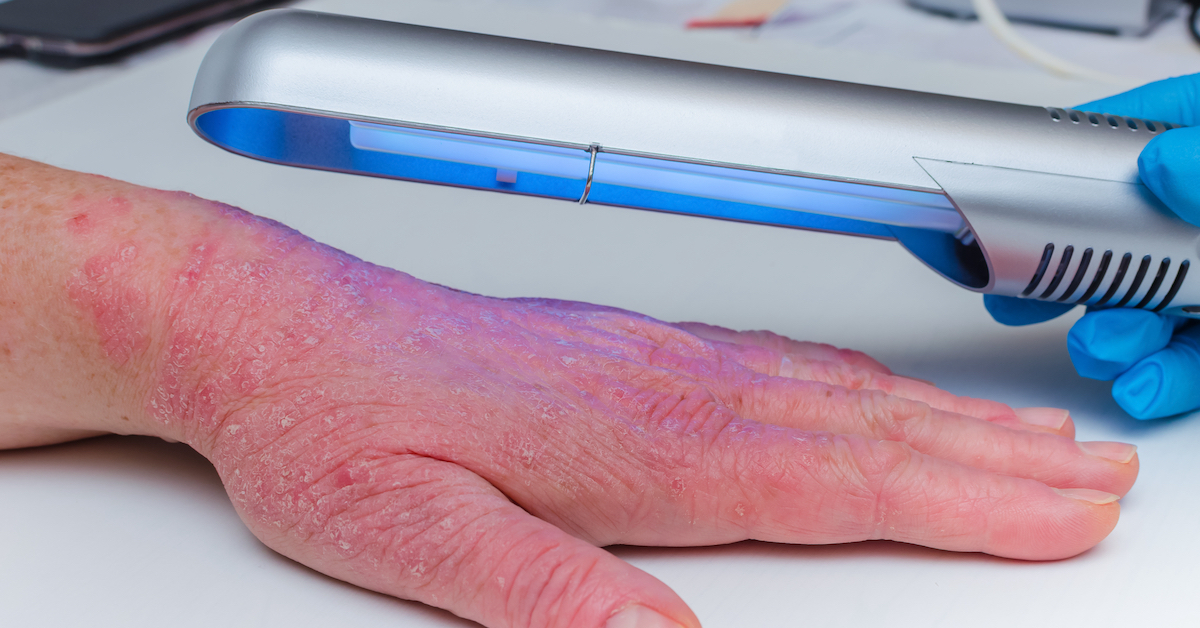The world’s first “smart patch” to both deliver the COVID-19 vaccine and measure its effectiveness was developed in 2021.
Now the technology has been extended to early detection of the memory-wasting disease, Alzheimer’s.
This breakthrough “smart patch” is minimally invasive, pain free, low cost, and can be applied by the patient in the comfort of their own home. Best of all, it has the potential to detect early signs of Alzheimer’s disease in as little as six minutes.
We’ve all become familiar with transdermal patches that deliver everything from nicotine to anti-nausea medicine through the skin to help people deal with a variety of health challenges.
Now, Dr. Sanjiv Sharma, a leading scientist at Swansea University in Wales, together with engineers in Portugal, has further developed the patch technology so it can be applied to a wider range of health conditions.
The pandemic spurred Dr. Sharma to develop new patch technology to help prevent the spread of COVID-19 virus by delivering a vaccine, but then he realized this was only the beginning. Now, Dr. Sharma believes the information this new smart patch gathers from the body has the potential to pick up early signs of brain diseases too.
The Skin Holds Key Information
The new patch contains a block of tiny needles – so tiny their tips are measured in millionths of a meter – to break the skin barrier without causing bleeding. Not only can the patch deliver a drug to the wearer if required, but it can also continually monitor biological activity in the body. The information it picks up is sent to a computer and seen by the physician.
Dr. Sharma lays out why the skin is an ideal medium for gauging biological activity within the body: “The skin is the largest organ in the body – it contains more ISF (interstitial fluid) than the total volume of blood. This fluid is an ultrafiltrate of blood and holds biomarkers that complement other biofluids such as sweat, saliva, and urine.
“It can be sampled in a minimally invasive manner and used either for point of care testing or in real time [continuous monitoring] using microneedle devices. The devices we developed are scalable, and the resulting sensor has a short measurement time of six minutes.”
The Role of Inflammation
The skin’s ISF contains a treasure trove of biological markers such as a family of signaling proteins called cytokines. These are implicated in various pathologies ranging from viral infections to neurodegenerative diseases such as Alzheimer’s disease and Parkinson’s disease.
In Alzheimer’s, inflammatory processes, including the excessive release of pro-inflammatory cytokines, play an important role. One of these, interleukin (IL)-1, is overexpressed, and others in the mix include IL-6 IL-1β, IL-4, IL-10, macrophage chemoattractant protein-1 (MCP-1), and tumor necrosis factor (TNF)-α.
At higher-than-normal levels these cytokines interfere with the effective removal of plaque and help promote brain cell dysfunction and death. For these reasons, pro-inflammatory cytokines are seen as potential targets for the prevention of Alzheimer’s and the development of new therapies.
And this is where the smart patch comes in.
A Window To The Brain
The patch can detect most of the clinically significant cytokines at very low levels. For instance, in a skin ISF model, IL-6 is detectable at one picogram per milliliter; that’s one trillionth of a gram. In laymen’s terms, this means that doctors can use inflammatory markers to detect a host of diseases, including Alzheimer’s disease.
Dr. Sharma is optimistic about this innovation, saying: “This new diagnostic tool for screening of inflammatory biomarkers in point-of-care testing will see the skin act as a window to the body and vital organs such as the brain.”
His colleague, Felismina Moreira from Portugal, believes the technology “offers a fantastic platform for the development of point of care devices for bloodless testing. These can be extended to diagnostics for cardiovascular, cancer and neurodegenerative disorders.”







